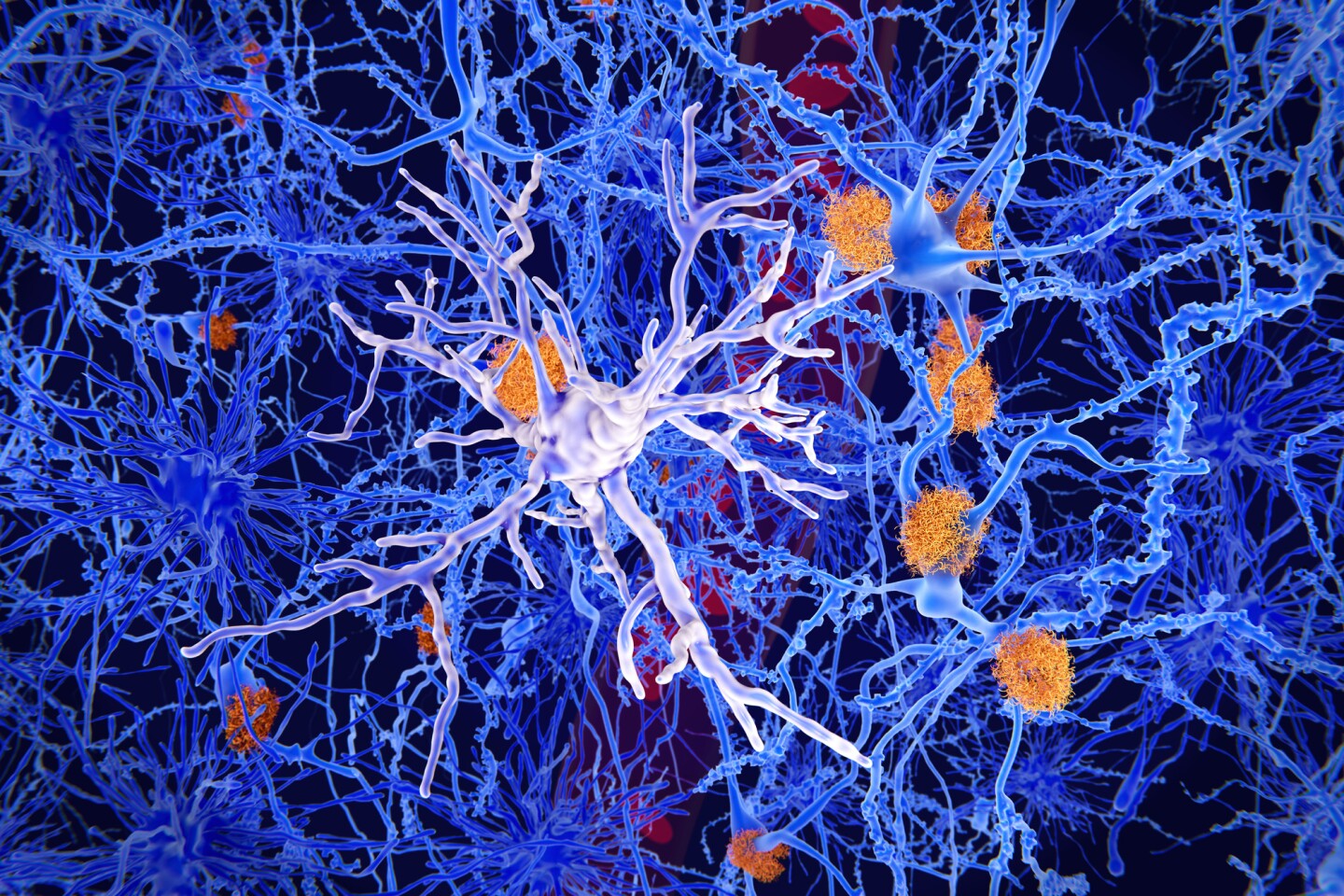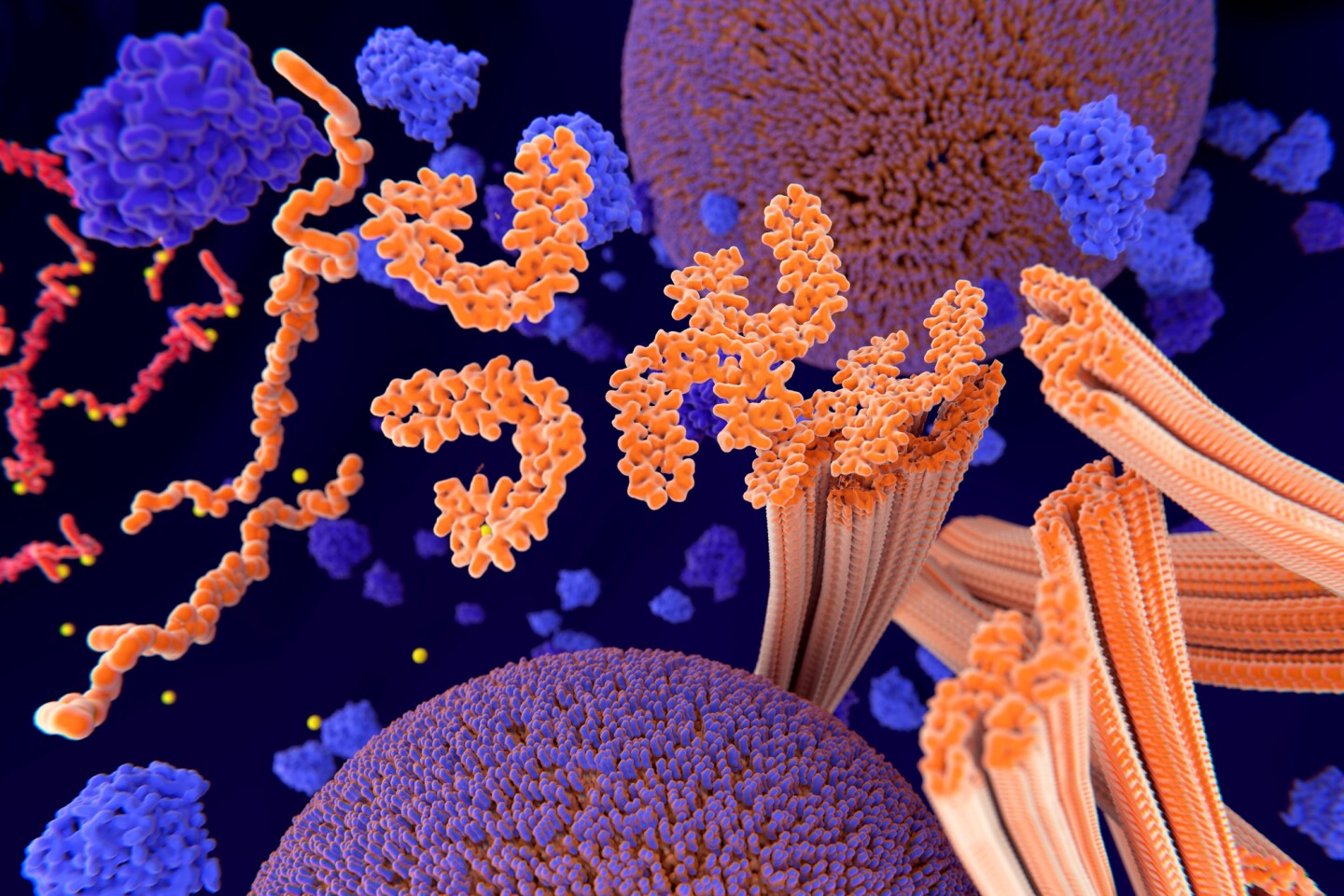GLP-1 weight-loss drugs may pivot to treat Alzheimer’s and Parkinson’s

In yet another surprise attribute of the new class of obesity drugs, scientists have found that GLP-1 receptor agonists can also subdue brain inflammation, giving them a potential ‘superpower’ in the fight against Alzheimer’s and Parkinson’s diseases.
Tags: University of Toronto, Ozempic, GLP1, Alzheimer’s Disease, Parkinson’s Disease, Inflammatory, Brain, Dementia
Continue reading GLP-1 weight-loss drugs may pivot to treat Alzheimer’s and Parkinson’s


